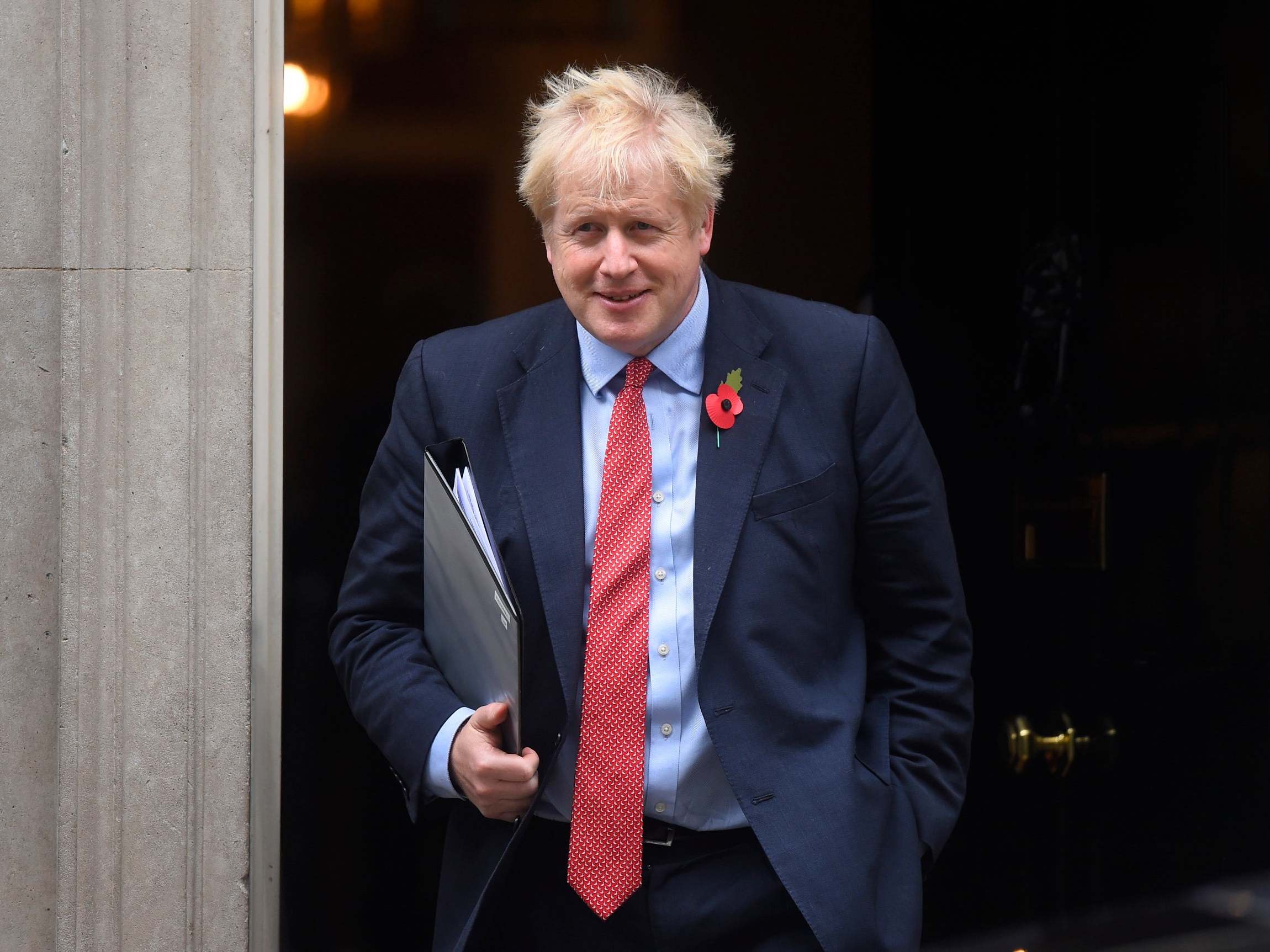The government has signed off nearly £2bn worth of arms sales to repressive regimes in the two years since the 2017 election, official figures show.
The weapons and controlled military hardware approved for export by ministers include £700m to Turkey, which recently launched an offensive against Kurdish fighters in northern Syria. These exports included sniper rifles, as well as parts for combat helicopters and military combat vehicles.
Meanwhile Saudi Arabia, which has been widely condemned by the international community for its offensive in Yemen, benefited from £719m in UK licences for bombs, missiles, fighter jets, sniper rifles, ammunition.
Other exports signed off also include the sale of machine guns, assault rifles, ammunition, shotguns to Egypt’s military government, and sniper rifles and ammo to the UAE.
The findings which total £1.9bn, were compiled by Campaign Against the Arms Trade, which cross-referenced the government’s figures with countries assessed to be “not free” by think-tank Freedom House.
Turkey launches offensive into Syria
Show all 25The government says the UK’s arms control regime is one of the strictest in the world, but Labour’s shadow foreign secretary Emily Thornberry told The Independent that it needed immediate reforming.
“This is yet more evidence that this Tory government and this Tory prime minister are prepared to throw all concern for human rights out of the window when it comes to trying to fill the financial black hole being created by their commitment to a sell-out Brexit,” she said.
“A Labour government will immediately reform our arms export regime to ensure we are never again selling arms to countries using them to break international humanitarian and human rights laws.”
The British government dragged its feet on ending arms sales to Turkey, opting only for a temporary suspension of new licences and a review, despite EU allies like France and Germany halting sales in the wake of last month’s attack in Syria.
The different reaction from the British government has raised concerns among campaigners that the government is reticent to alienate potential trading partners, who will be sorely needed to replace EU trade after Brexit.
This is yet more evidence that this Tory government and this Tory Prime Minister are prepared to throw all concern for human rights out of the window
Andrew Smith of Campaign Against Arms Trade said: “By arming and supporting despots, dictatorships and human rights abusers, the UK government is making itself complicit in how those weapons are used. These weapons could be used in abuses and atrocities for years to come.
“As foreign secretary, Boris Johnson played a central role in supporting the terrible Saudi-led bombardment of Yemen, which has created the worst humanitarian crisis in the world. Tens of thousands of people have been killed, but the arms companies only see it as a business opportunity.
“Regardless of who wins next month’s election, there must be a significant change. The next government must finally put human rights above arms company profits and break away from the failed and destructive policies of the past.”
In September Liz Truss, the international trade secretary, apologised publicly after it emerged she had unlawfully signed off arms sales to Saudi Arabia that could be used in the conflict in Yemen. She described the sales as “in adverted breaches” of a court order.
Approached about the arms sales, a government spokesperson told The Independent: “The government takes its arms export responsibilities seriously. We examine every application on a case-by-case basis against strict criteria. Risks around human rights abuses are a key part of our assessment.”
Subscribe to Independent Premium to bookmark this article
Want to bookmark your favourite articles and stories to read or reference later? Start your Independent Premium subscription today.


Join our commenting forum
Join thought-provoking conversations, follow other Independent readers and see their replies